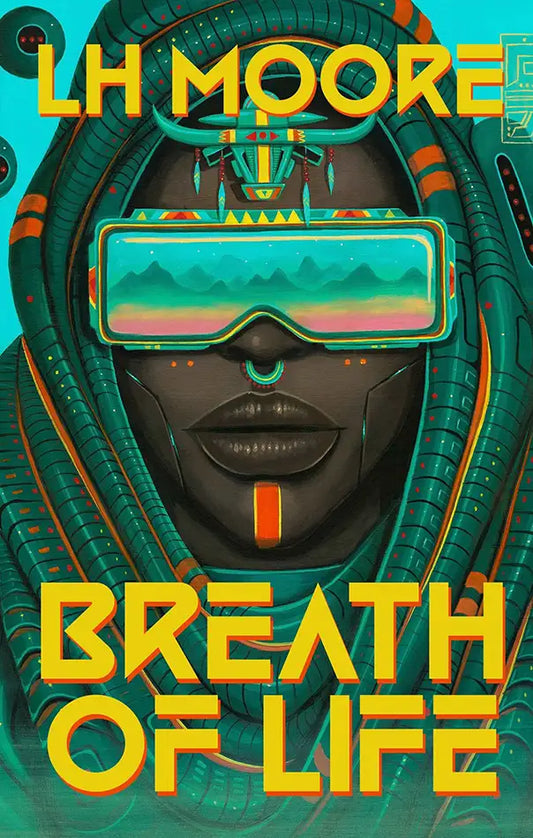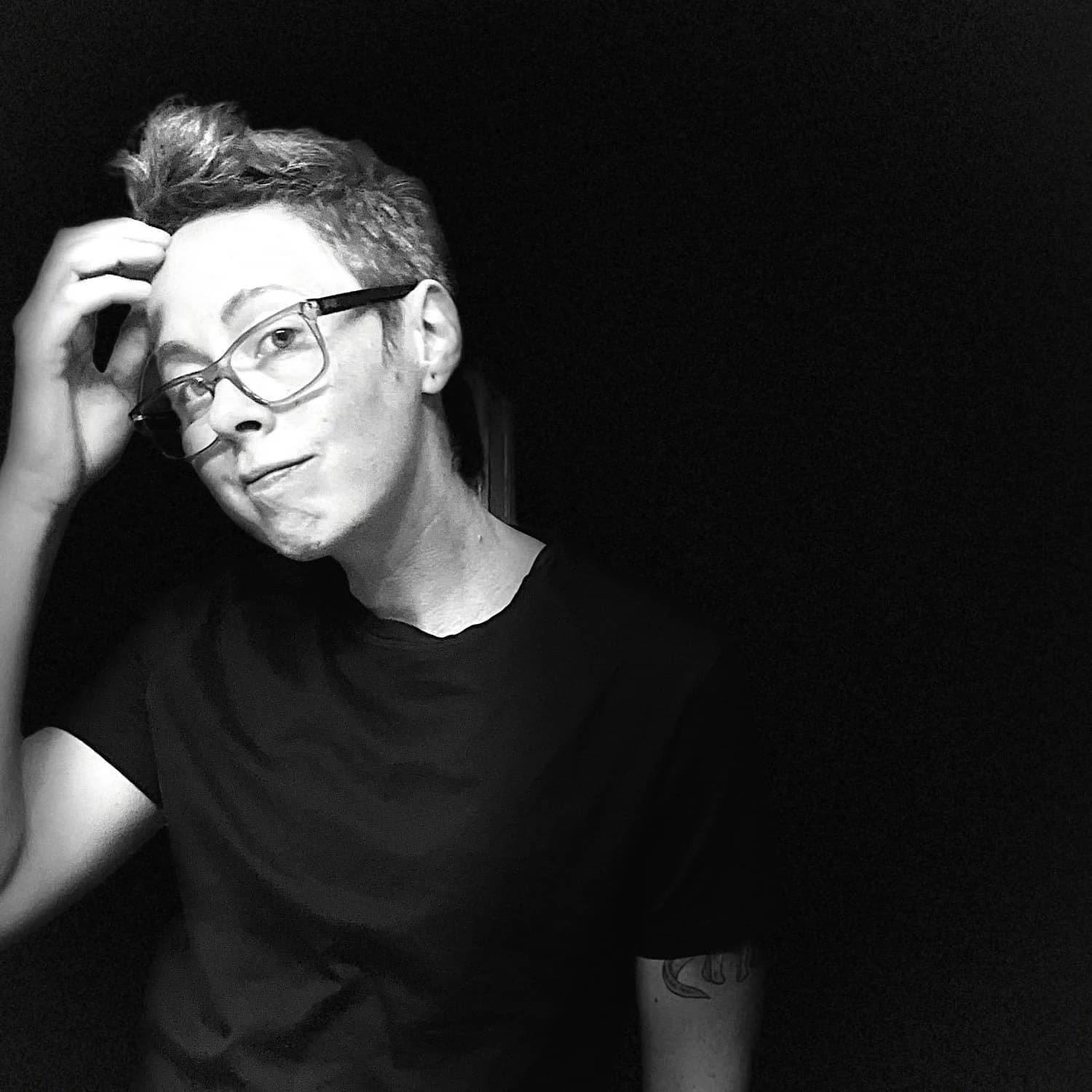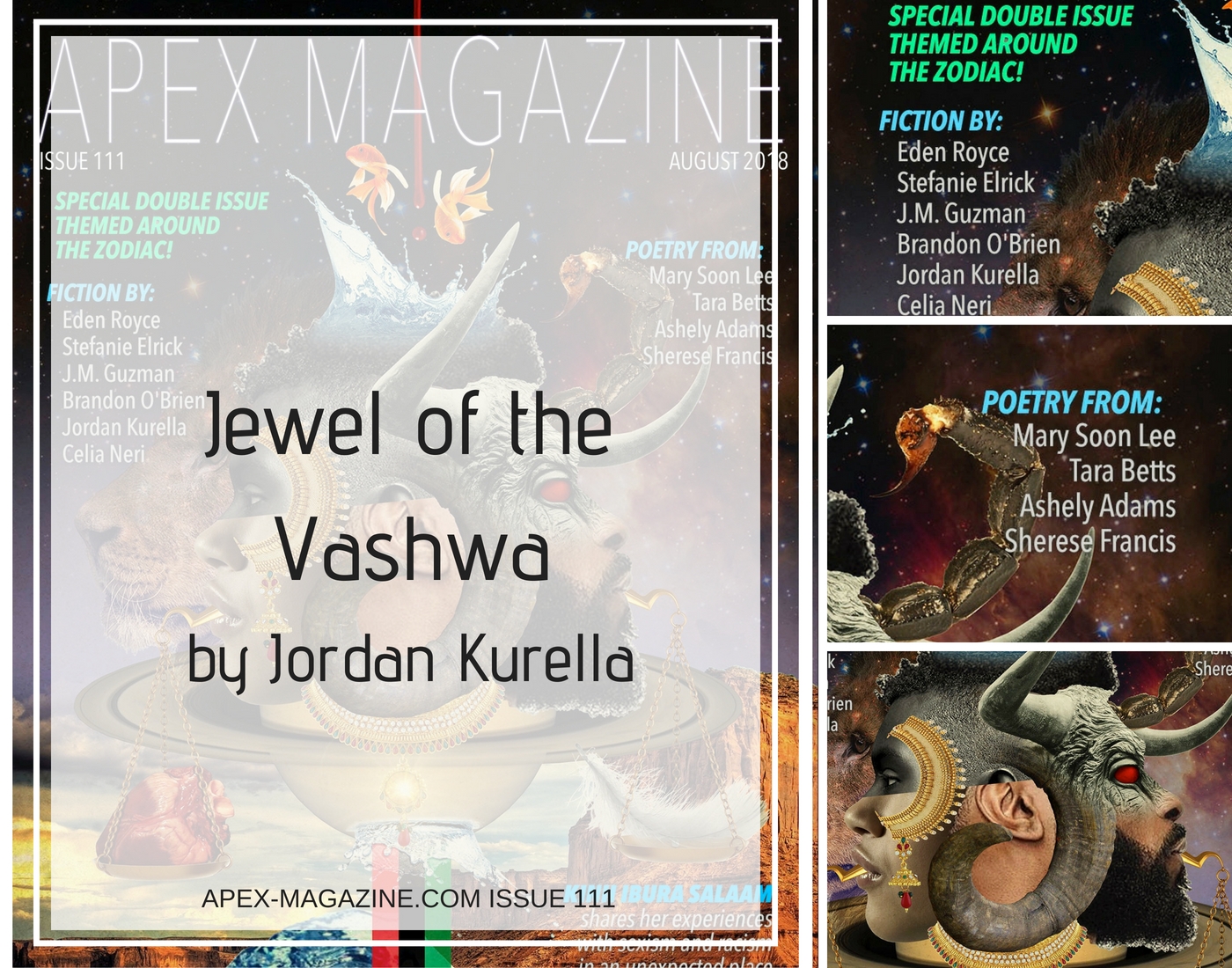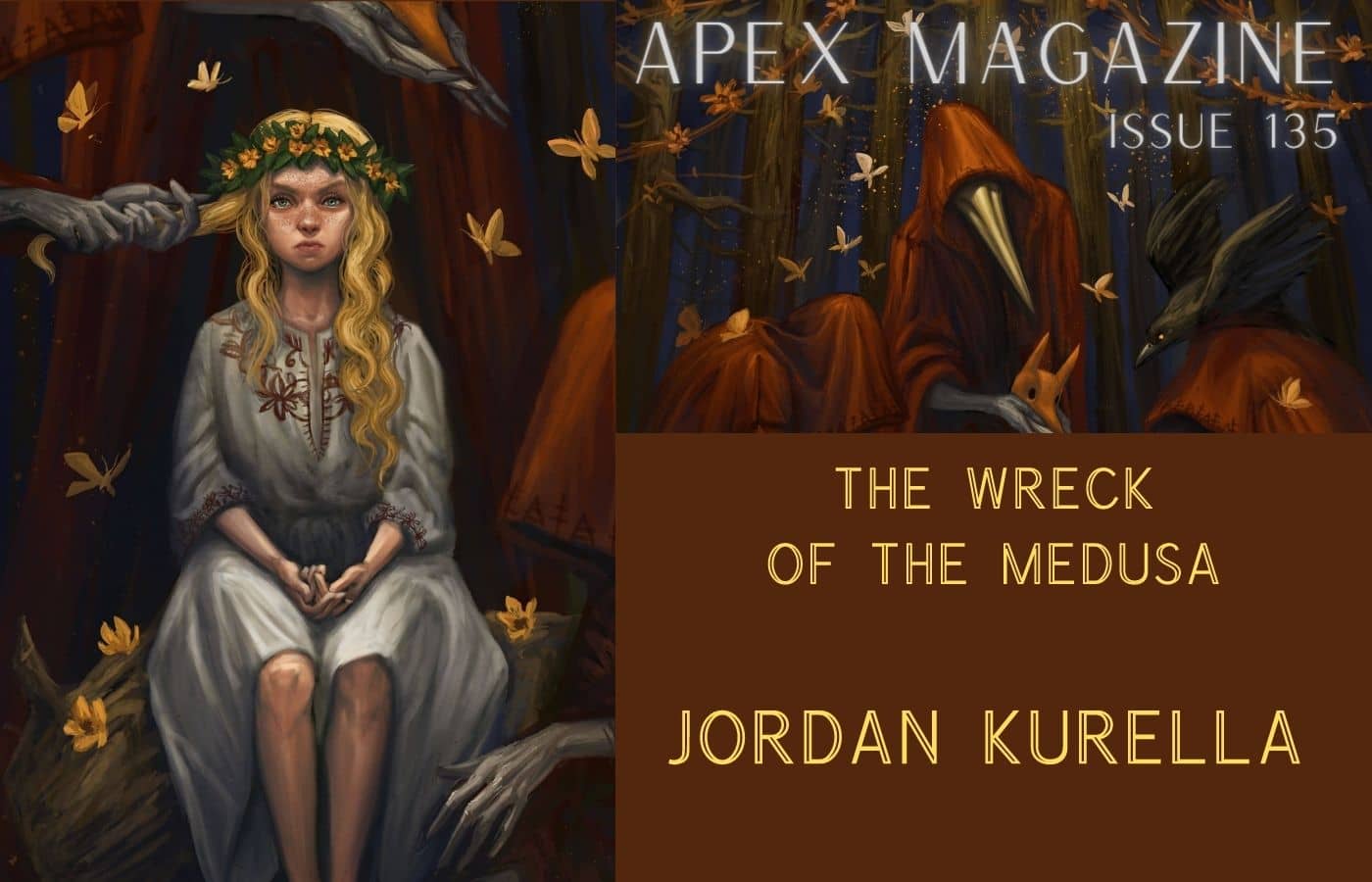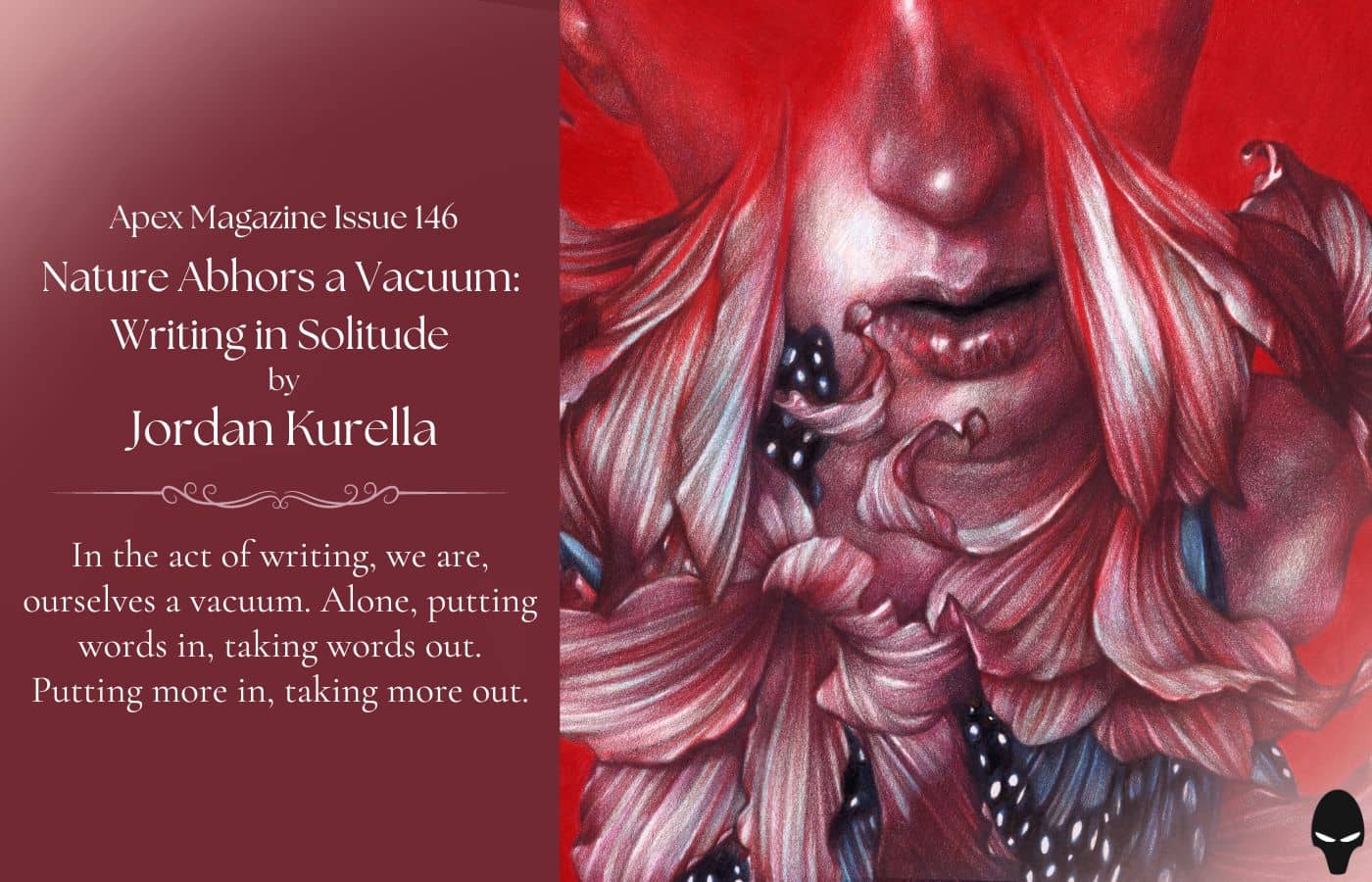
Vacuums suck.
That’s the joke, the entire bit. In the act of writing, we are, ourselves a vacuum. Alone, putting words in, taking words out. Putting more in, taking more out. In the adage that nature abhors a vacuum, humans aren’t meant to be solitary creatures, and writers are human. I am human.
It became harder to convince myself of this after March of 2020, when—living alone for the first time—I had to write in a vacuum; practice this solitary art of writing in total solitude. Did I get things done? Yes, asterisk. Many adjustments had to be made, and are still being made as, four years later, I continue to write in solitude while many of my primary adjustments have either moved on or passed on.
In 2020, I was writing my novella, I Never Liked You Anyway. Finished it in December of 2020. I wrote it with the help of RJ Theodore and John Wiswell as online asynchronous writing partners. RJ Theodore has regrettably passed away, and John Wiswell’s and my time no longer match up. Finding other asynchronous writing partners over the years has proved difficult. But I’ve taken advantage of what I could: the SFWA Nebula Conference Weekly writing dates, Sarah Gailey’s newsletter co-writing meetups, and other such things.
As the years continued on, and the solitude continued, I found that my writing continued but more slowly. With no one to share my finished product with in-person, and no one for me to hear out loud say whether my work was good or not, to see their face as they spoke to me, telling me what my piece needed, or didn’t need? Writing faltered. My self-worth as a writer faltered.
When my novella, I Never Liked You Anyway, received the Nebula Award nomination, I accepted over the phone with a resounding “Fuck yeah!” And even though doctors and family cautioned me against this because of my fragile lungs, I took the risk and flew to Anaheim for the in-person conference. Worth it. One hundred percent worth it.
That conference was one of the only times in over three years where I’d heard anyone say to my face, “I liked your book,” or “Your book was good,” or “I really love your work.” This mattered more than anything else I could have taken home. I regularly went back to my hotel room just to process how much I needed that contact. How much hearing and seeing people tell me nice things about my work was so much of what I had been missing in my isolation and solitude.
During one of those trips back to my hotel room, I decided to make an effort to go to as many in-person conventions as I could feasibly get to. Not with the hope of being nominated for awards, or winning anything, or taking anything home; or even repeating the same experience as the Nebula Conference. All I want to do is to see colleagues and friends and talk about work and share excitement over our work; I want to tell people how much I appreciate their work because maybe, just maybe, they had been in a similar situation as me. Maybe, just maybe, they need to hear someone tell them they’re appreciated just as much as I still do.
More than the hunger of connection, my practice of writing also changed as I continue to write in a vacuum. My work ekes out slowly—much more slowly—than it used to. With none of that instant feedback I once received, when I could read the body language of others when they they told me what they liked and didn’t like about the piece they were reading. That is something I missed the most as my online-only communication continued its tour-de-force.
Now, in my vacuum, I have become my own worst critic, and I am not kind to me.
Vacuums suck, remember?
(Un)Lucky enough to have a degree in Literature in my second language, I learned how to read critically. I use this power for evil on myself, putting away a piece for a month or two to read again. To take words out and put more back in again. Only then will I send it to my online critique group (joined in late 2022), and then let their advice sit for another month, maybe longer, before applying what they said to the page. But I am always thinking about the piece: turning it over, what is good? What works? What doesn’t work? Then write something else, or finish something half-started in the meantime and repeat the process.
Before COVID, before March of 2020, I used to be able to write and complete a story in a week or three. Now it will take three to six months. Am I proud of this? Yes. Because humans, while not being solitary creatures, also are adaptable. Haven’t missed a deadline on purpose yet. I know that I finish things more slowly, and that I alone have to work around my slower pace. Not the editors, not the submission windows, not anyone else.
The vacuum remains.
Taking in everything that I put down that doesn’t work and holding onto it for a little while until I see fit to dispose of it. Taking in all the words that don’t work and holding onto them, sometimes for months (months and months). It even eventually takes in those brief few days of joy where I saw others and we laughed and talked about writing, cats, and life.
The vacuum remains.
It can’t take away the solitude, the isolation, all those bits that just are too large to fit. All those unfixable unsolvable problems, so I write them into stories where the characters are too real and the problems too thick for anyone to fix. Nature abhors a vacuum, and humans are social creatures.
I am human, and vacuums suck.


